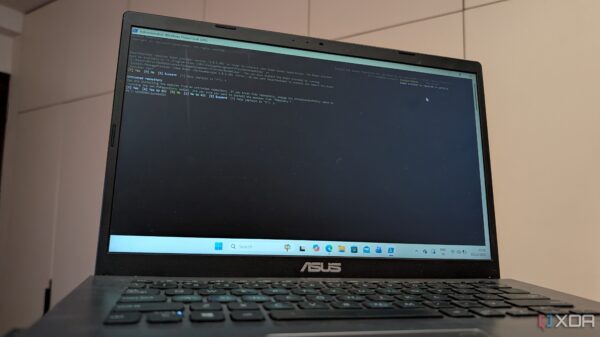A former aide to a lawmaker from the far-right Alternative for Germany (AfD) was sentenced on March 12, 2024, to four years and nine months in prison for espionage on behalf of Chinese intelligence. The defendant, identified as Jian G, worked for AfD politician Maximilian Krah during his tenure in the European Parliament from 2019 to 2024. The Dresden Higher Regional Court found Jian guilty of gathering confidential documents and intelligence, which he subsequently shared with Chinese contacts.
In addition to spying on leading AfD lawmakers, Jian G was found to have collected information on Chinese dissidents. Krah, who currently serves in the German parliament, expressed his lack of surprise regarding the conviction. He stated, “I took the necessary steps immediately after the arrest and significantly increased security in my office,” portraying himself as a “victim” in this situation.
During the trial, Jian G maintained his innocence, asserting, “I did not work for a Chinese secret service and I am innocent.” His defense lawyer argued for an acquittal, citing insufficient evidence, while prosecutors had sought a prison sentence of seven and a half years.
A co-defendant, Yaqi X, received a suspended sentence of one year and nine months. Yaqi X worked for a logistics service provider at Leipzig Airport and was accused of providing Jian G with sensitive data regarding flights, freight, and passengers, particularly concerning the transport of defense goods. She admitted to sharing information with Jian, believing he was promoting Sino-German relations as part of his parliamentary role, but claimed ignorance of any espionage activities.
Krah, a controversial figure within the AfD, is also under investigation for allegations of bribery linked to China and money laundering during his time in the European Parliament. He has denied these claims. Earlier this month, German police raided his offices following a vote to lift his parliamentary immunity. Krah was the AfD’s leading candidate in the 2023 European Parliament elections, a campaign marred by scandal after he made controversial remarks defending members of the Nazi SS in an interview.
As a result, the AfD expelled him from its delegation to the European Parliament, although he was elected to the Bundestag earlier this year. The ongoing investigations into Krah’s actions and affiliations raise significant concerns regarding foreign influence in German politics and the implications of espionage in the context of international relations.






































































